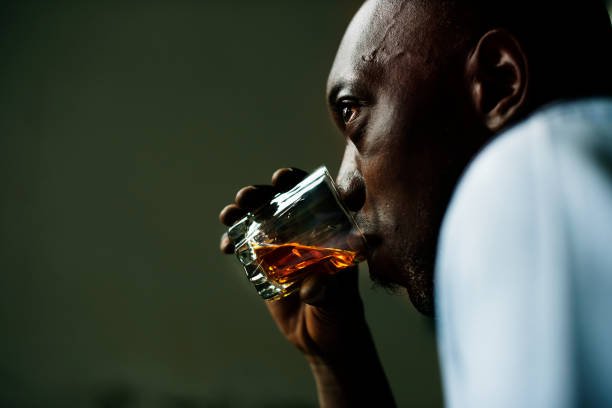On this page, we explore the available support for people who abuse substances in South African context.
Support for Substance Abusers in South Africa: A Comprehensive Overview
South Africa, like many countries around the world, faces significant challenges related to substance abuse. From alcohol and tobacco to harder drugs like methamphetamine (“tik”) and heroin, many individuals find themselves trapped in a cycle of dependence. The socio-economic implications, coupled with the health and social repercussions, make it vital for the nation to address this issue robustly. Fortunately, South Africa has been making strides in providing support for those who struggle with substance abuse. This article will explore the various avenues of help available to those in need.
Available Support for People Who Abuse Substances in South Africa
Available support for people who abuse substances in South Africa is in the form of various government initiatives, non-profit organizations, and private treatment centers. The government has established the Central Drug Authority (CDA) and the National Drug Master Plan (NDMP) to formulate policies and strategies for combating substance abuse. On the non-governmental front, organizations like the South African National Council on Alcoholism and Drug Dependence (SANCA) offer prevention and treatment services. Additionally, support groups such as Narcotics Anonymous (NA) and Alcoholics Anonymous (AA) provide community-based, peer-led programs centered around the 12-step recovery model. Furthermore, private rehabilitation centers across the country offer holistic inpatient and outpatient treatment programs to help individuals achieve and maintain sobriety.
Government Initiatives:
- Central Drug Authority (CDA): Established under the Department of Social Development, the CDA formulates policies and strategies aimed at reducing the demand and supply of drugs in the country. Their interventions span prevention, treatment, and aftercare.
- National Drug Master Plan (NDMP): This overarching framework is devised to combat substance abuse across the nation. It involves cooperation between various government departments, civil society, and the community at large.
- Community-Based Rehabilitation: The Department of Social Development has set up local community rehabilitation centers that offer outpatient treatment, especially in areas with high rates of substance abuse.
Non-Governmental Organizations (NGOs) and Non-Profit Organizations (NPOs):
- South African National Council on Alcoholism and Drug Dependence (SANCA): One of the oldest organizations in this realm, SANCA provides prevention and treatment services for alcohol and other drug dependencies.
- Narcotics Anonymous (NA) and Alcoholics Anonymous (AA): Both groups offer fellowship-based support for individuals aiming for sobriety. Their peer-led approach, built around the 12-step program, has proven effective for countless individuals globally.
- The Teddy Bear Clinic: This organization focuses on children affected by abuse, including substance abuse. Their programs aim to rehabilitate and reintegrate these young individuals.
Private Treatment Centers:
South Africa is home to numerous private rehabilitation centers offering both inpatient and outpatient treatment programs. These centers, while often cost-intensive, provide holistic care encompassing detoxification, therapy, and aftercare. Some renowned centers include Harmony Group and Houghton House.
Community Support:
Local communities play a pivotal role in substance abuse support. Grassroots initiatives, awareness campaigns, and local support groups can make a significant difference, especially in regions where formal resources might be limited.
Challenges and the Way Forward:
While there’s a growing network of support for substance abusers in South Africa, challenges persist. Stigma associated with substance abuse, inadequate funding for public rehabilitation centers, and gaps in aftercare are some of the pressing concerns. Addressing these will require a multi-pronged approach involving government agencies, the private sector, NGOs, and the broader community.
Also Read:
- The Main Aims of SANCA
- Ways in Which the Youth Could Bring About Awareness on the Negative Effects of Drug Abuse
- Available Support for People Who Abuse Substances in South Africa
- The Steps to Follow in order to Admit a Person to be Reh
Conclusion:
Substance abuse remains a significant concern in South Africa, but there’s a silver lining. The increasing number of organizations, initiatives, and community support systems provide hope for those struggling with addiction. Continuous collaboration, sustained funding, and public awareness are crucial for ensuring that every individual receives the support they need on their journey towards recovery.

